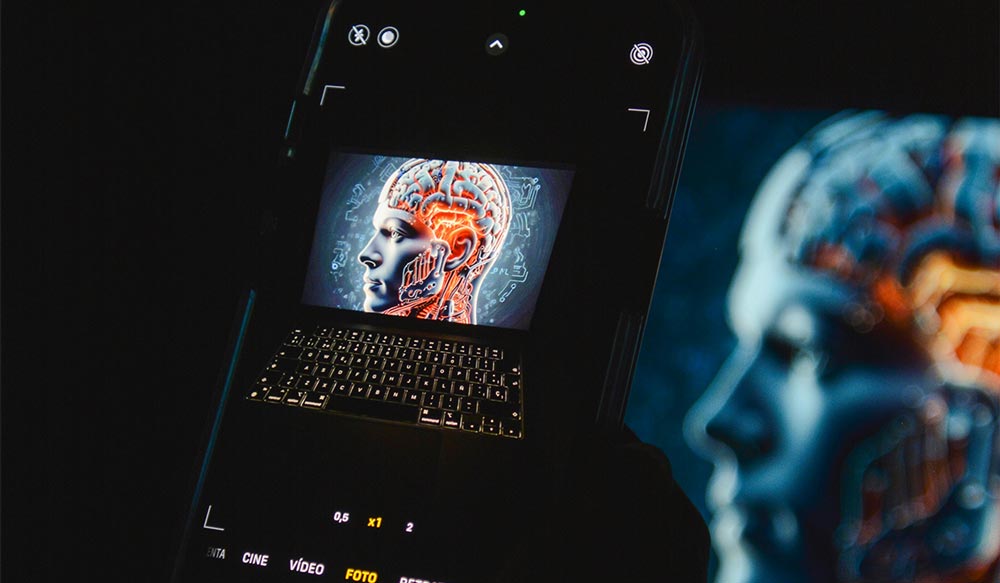
You’re probably reading this blog post because of an algorithm. That’s right! Algorithms, a set of instructions that guide computer programs like apps, shape much of what you see and do online. They function on an “if this, then that” basis, combining multiple layers of logic to achieve a specific outcome. However, not all problems are simple enough for straightforward, human-coded logic. That’s where artificial intelligence (AI) comes in, which has actually been around for quite a while but has become popularised in recent years through a specific type called generative artificial intelligence.
But how does AI work? How does AI know what to do or say? Is it some kind of sentient being living inside your devices? Not quite. AI learns through a process similar to trial and error, running millions of different algorithms over and over until it finds the best solution.
Imagine trying to shoot a basketball with your eyes closed. You shoot and miss, move a little, and try again. Each time, you adjust your aim and strength based on the feedback you receive—the sound of the ball hitting the rim, for example—until you finally make a shot. If you were a machine, you’d remember the exact settings that worked and use them every time. This is a simplified, plain English answer to the question of “how does AI work?” Explaining that AI keeps adjusting its approach until it achieves the desired outcome, and then remembers that method.
Let’s look at a more specific example, like teaching AI to recognise what’s in an image. Suppose you have two photos—one of a cat and one of a car. You want a program that can correctly identify each image. Traditional “if-then” logic isn’t sophisticated enough to differentiate between something as varied as cats and cars. While humans can intuitively distinguish between the two, replicating this nuanced understanding with straightforward programming is nearly impossible.
To solve this, AI uses a unique approach. First, we create two programs: a “builder” program that generates thousands of mini-programs with randomly coded logic, and a “teacher” program that tests these mini-programs. The teacher program, equipped with a set of labelled images, tests each mini-program to see how accurately it identifies the photos. The poorly performing mini-programs are discarded, while the better-performing ones are tweaked slightly and tested again. This cycle repeats countless times, gradually improving the mini-programs’ accuracy through trial and error.
The result is an AI that seems almost intuitive. However, the truth is that even AI developers often don’t fully understand how these algorithms work. The logic then becomes a complex web of code that simply “works,” often in ways that are difficult to explain from a human perspective. Developers continually feed the AI more data to improve accuracy, refining its algorithms to be smarter and more reliable. And this process isn’t limited to images—it applies to text, audio, video, and everything else AI can handle.
Even this blog post you’re reading now was probably recommended to you by an algorithm designed to suggest content that will engage you and match what you’re looking for. And if you’re still reading, it seems like the algorithm did its job well, didn’t it? Every interaction you have with AI—whether you’re reading a post, watching a video, or listening to a podcast—contributes to its ongoing learning process, making it smarter and more tailored to your preferences.
So, yes, algorithms do run your life, at least in part. But rather than seeing this as a scary concept, think of it as a tool that’s constantly evolving, thanks to both its own learning processes and your interactions with it. And who knows? Maybe one day, AI will be so advanced that it really will feel like there’s a little bit of magic in your machine. Until then, keep engaging and contributing to this vast, interconnected learning system!
1 thought on “How does AI work? AI explained in Simple Plain English”
Pingback: ChatGPT Overtakes Google in Search Popularity: A Shift in User Behaviour - Nymy Net